May 21, 2020
by Dr. Bill Hudson, head of school
Many years ago I had my first opportunity to speak at a national conference. The meeting was held in Baltimore and I found out that my favorite high school teacher, Br. Jim, lived nearby and was going to be in attendance. I was able to track down his email address and wrote to him, sharing that he was my favorite teacher and the reason I decided to become a teacher. I also asked if he would like to get together for lunch while I was in town. Br. Jim was principal of my high school and had stepped into teaching a ninth grade class at the last minute. He was an amazing storyteller had a way of teaching that made each student feel that he was talking directly and personally to them. Br. Jim was gentle, kind, and brilliant, too. He never talked down to us and found ways to bring all of us along, inspiring us to higher levels of critical thinking. After that year, he moved on to a new job and a new city yet I never forgot him.
Br. Jim accepted my invitation and we met for lunch. As he entered the restaurant, it was clear he didn’t know who I was. Sheepishly, he admitted as much and said he had been trying for weeks to remember me, even pulling out an old yearbook to jog his memory. He said he was embarrassed and began to apologize profusely. I stopped him and that I was not at all offended. To me, what was important was not that he would remember me—it was that I remembered him. He had hundreds if not thousands of students over his career. But for me, there was only one Br. Jim.
All teachers aspire to having such an impact on our students. Of course, teachers strive to be their best, to employ the very best pedagogy, techniques and strategies, and excel in their respective academic area. However, and more importantly, they strive to touch the hearts of their students. Teaching as a career is much more than a job or a transaction between employer and employee. It is transformational. I can safely say that our retirees this year have been transformational in the lives of their students and in the history of the school. Read More
 As the 2019–20 school year comes to an end, we’re sharing the college choice stories of the Class of 2020!
As the 2019–20 school year comes to an end, we’re sharing the college choice stories of the Class of 2020! As the 2019–20 school year comes to an end, we’re sharing the college choice stories of the Class of 2020!
As the 2019–20 school year comes to an end, we’re sharing the college choice stories of the Class of 2020! As the 2019–20 school year comes to an end, we’re sharing the college choice stories of several members of the Class of 2020!
As the 2019–20 school year comes to an end, we’re sharing the college choice stories of several members of the Class of 2020!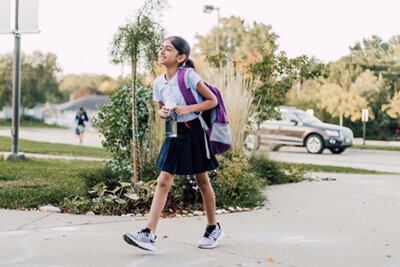 by Dr. Bill Hudson, Head of School
by Dr. Bill Hudson, Head of School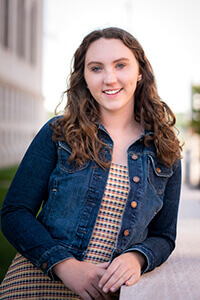 As the 2019–20 school year comes to an end, we’re sharing the college choice stories of the Class of 2020!
As the 2019–20 school year comes to an end, we’re sharing the college choice stories of the Class of 2020! As the 2019–20 school year comes to an end, we’re sharing the college choice stories of several members of the Class of 2020!
As the 2019–20 school year comes to an end, we’re sharing the college choice stories of several members of the Class of 2020!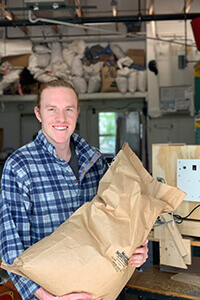 Nick Gardner ’15 is one of just three employees at Perennial Pantry, a small startup, but he is helping to bring about big changes to the world of sustainable agriculture.
Nick Gardner ’15 is one of just three employees at Perennial Pantry, a small startup, but he is helping to bring about big changes to the world of sustainable agriculture.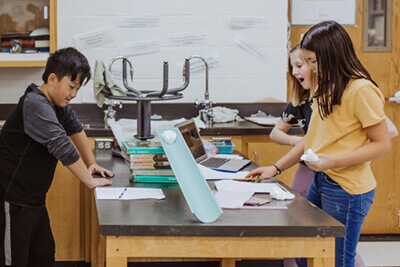 by Dr. Bill Hudson, Head of School
by Dr. Bill Hudson, Head of School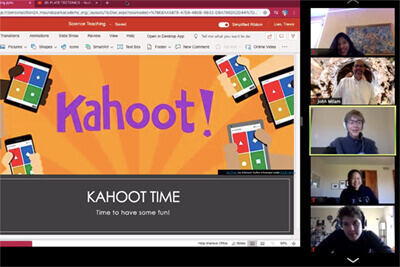 A spirit of innovation flows through all that we do at Mounds Park Academy; now it’s just through high-speed Internet instead of hallways and classrooms. Innovation fuels creative thinking and allows students to experience the joy of learning—and thanks to John Milam’s seventh- and eighth-grade science courses—the joy of teaching.
A spirit of innovation flows through all that we do at Mounds Park Academy; now it’s just through high-speed Internet instead of hallways and classrooms. Innovation fuels creative thinking and allows students to experience the joy of learning—and thanks to John Milam’s seventh- and eighth-grade science courses—the joy of teaching.